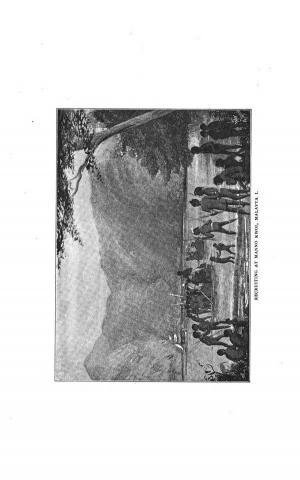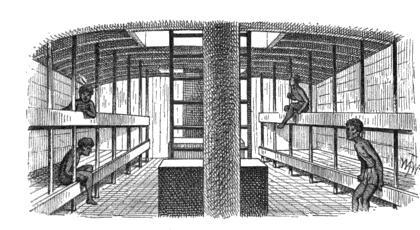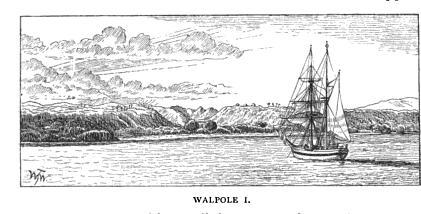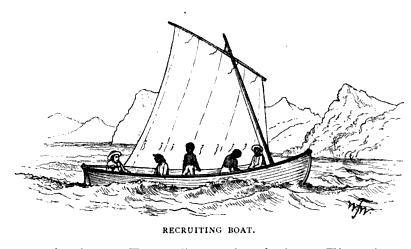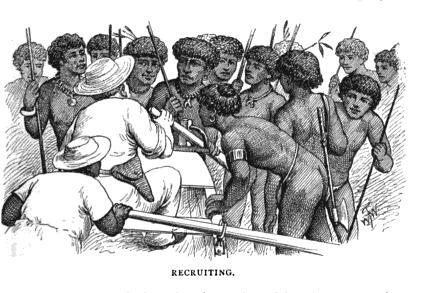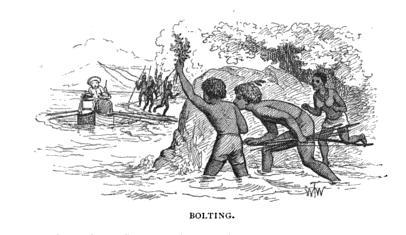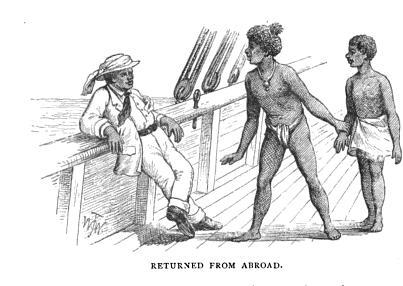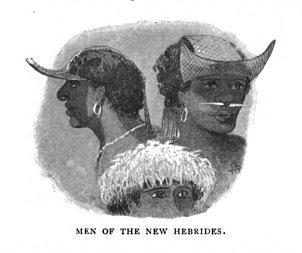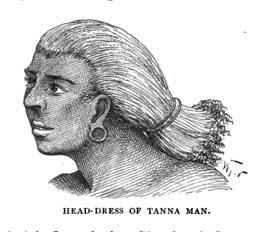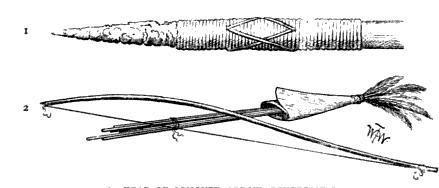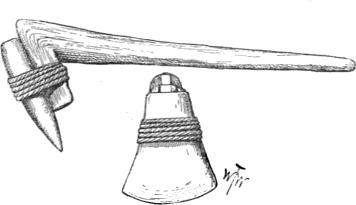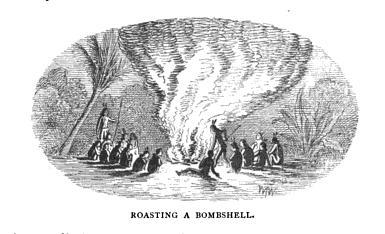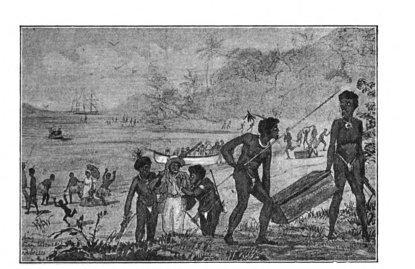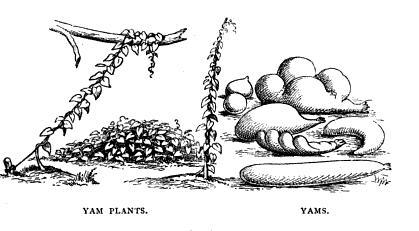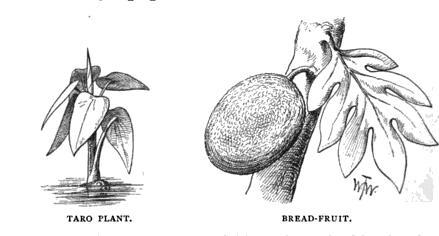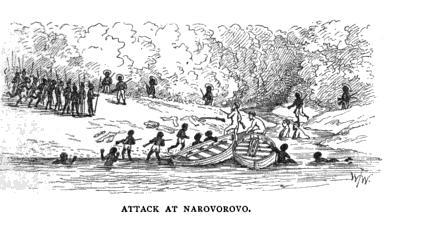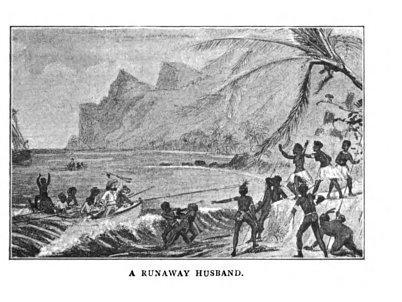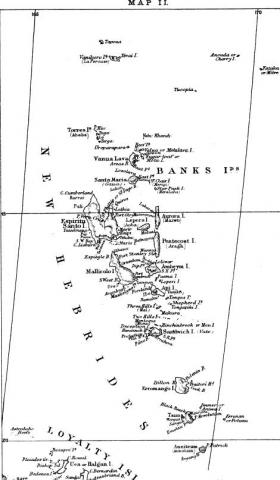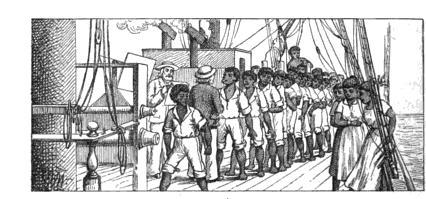William T. Wawn, Master Mariner and captain of the schooner Stanley, was a capitalist and capitalism treats everything as a commodity including people. The dedication in his book, The South Seas Islanders and the Queensland Labour Trade provides an excellent illustration of just what his biases are:
“To those SUGAR-PLANTERS OF QUEENSLAND, who have spent the Best Years of their Lives and Millions Of Money in Developing an Industry which represents not less than Ninety Per Cent of the Total Agricultural Value of that Colony; and which at one time bade fair to eclipse even the great Pastoral And Mining Industries in Wealth and Importance: To those BOLD PIONEERS who have opened up the Rich Agricultural Districts along the Coast, and have been the means of settling Thousands Of Europeans on the Land; and who have done more towards the Practical Civilization of the Cannibal And The Savage than all the Well-intentioned but Narrow-minded Enthusiasts of the Southern Pacific: To those GOOD MEN AND TRUE who, after a Quarter Of A Century of Hard Work and Doubtful Prosperity, have been Basely Betrayed, and Unscrupulously Sacrificed to the Greed of the Political Place-hunter and the Howling Ignorance which follows in his train,— I DEDICATE This Work With Much Sympathy And Respect. THE AUTHOR.”
I became aware of this book through reference made by Mark Twain in chapters 5 and 6 of his book Following the Equator.
“Captain Wawn is crystal-clear on one point: He does not approve of missionaries. They obstruct his business. They make "Recruiting," as he calls it ("Slave-Catching," as they call it in their frank way) a trouble when it ought to be just a picnic and a pleasure excursion.”
“Captain Wawn's book is of very recent date; I have by me a pamphlet of still later date—hot from the press, in fact—by Rev. Wm. Gray, a missionary; and the book and the pamphlet taken together make exceedingly interesting reading, to my mind.”
“I cannot understand his [the Islander] willingness to go to Queensland. It is a deep puzzle to me. Here is the explanation, from the planter's point of view; at least I gather from the missionary's pamphlet that it is the planter's:
"When he comes from his home he is a savage, pure and simple. He feels no shame at his nakedness and want of adornment. When he returns home he does so well dressed, sporting a Waterbury watch, collars, cuffs, boots, and jewelry. He takes with him one or more boxes—["Box" is English for trunk.]—well filled with clothing, a musical instrument or two, and perfumery and other articles of luxury he has learned to appreciate."
“For just one moment we have a seeming flash of comprehension of, the Kanaka's reason for exiling himself: he goes away to acquire civilization. Yes, he was naked and not ashamed, now he is clothed and knows how to be ashamed; he was unenlightened; now he has a Waterbury watch; he was unrefined, now he has jewelry, and something to make him smell good; he was a nobody, a provincial, now he has been to far countries and can show off.”
“Captain Wawn of the free spirit chafes under the annoyance of "cast-iron regulations." They and the missionaries have poisoned his life. He grieves for the good old days, vanished to come no more. See him weep; hear him cuss between the lines!
"For a long time we were allowed to apprehend and detain all deserters who had signed the agreement on board ship, but the 'cast-iron' regulations of the Act of 1884 put a stop to that, allowing the Kanaka to sign the agreement for three years' service, travel about in the ship in receipt of the regular rations, cadge all he could, and leave when he thought fit, so long as he did not extend his pleasure trip to Queensland."
Rev. Mr. Gray calls this same restrictive cast-iron law a "farce." "There is as much cruelty and injustice done to natives by acts that are legal as by deeds unlawful. The regulations that exist are unjust and inadequate—unjust and inadequate they must ever be." He furnishes his reasons for his position, but they are too long for reproduction here.”
In the long run Twain sides with the missionary on this issue and eventually includes the long list of reasons they opposed the labour trade. The final item:
"7. The bed-rock of this Traffic is that the life and liberty of a black man are of less value than those of a white man. And a Traffic that has grown out of 'slave-hunting' will certainly remain to the end not unlike its origin."
If I might go out on a limb a bit, I don't think Wawn's views were racist but rather ethnocentric. So long as any individual was in agreement with him he was fine with them. Peter Corris, described him as "Something of a misanthropist, Wawn was intensely critical of his fellow Europeans, and never concealed his disapproval of the manners of the Pacific islands people but he did not deny their intelligence and resourcefulness." Australian Dictionary of Biography. Wawn did not like islander culture(s) but he did like European industrialism and it's basis in capitalism. Look again at his dedication to his book. The introduction, provided by SWAN SONNENSCHEIN & CO. London provide a bit more perspective on Wawn:
“Among political controversies in the Colony of Queensland, the " Kanaka Question " held a prominent place for many years, becoming at length of almost supreme importance. Along the coast, more especially of Northern Queensland, there stretches a belt of country adapted for the cultivation of tropical products, chief among them being the sugar-cane. To develop the resources of this region it was necessary to find a class of labourers better able to endure the climate than Europeans, as well as to work at a cheaper rate. Thus arose the demand for labourers brought from the various island groups of the Western Pacific—Papuans and Polynesians, loosely termed " Kanakas."
“Captain Wawn was engaged in recruiting such labourers, from 1875, when they were first introduced, down to 1891, when the Queensland Government legislated against the importation of Kanakas into the Colony, and their employment there. His narrative is that of a practical man, than whom none could be better acquainted with the subject he treats of. He has recorded much that is interesting relative to numerous little known islands, and the tale he has to tell may well be regarded as a valuable contribution to the history of Queensland and the Western Pacific.”
I am in agreement with this last point about Wawn's book, there is much that is interesting and there is a good deal of valuable information on the times and places presented. My own interest is along slightly different lines, however. Wawn's first voyage on the Stanley provides an excellent starting point for a geographical exercise. I have produced a video of this voyage, mapping those islands visited by Wawn using Google Earth and recording the tours between these points. The video contains narrative derived from portions of the first two chapters and background music from an number of musicians skilled with the concertina. If I had the time and resources I would improve upon the video. One thing sorely lacking are charts of his journey rather than trying to interpolate between points mentioned in Wawn's text.
More on William T. Wawn can be found at Australian Dictionary of Biography, Volume 6, (MUP), 1976 http://adb.anu.edu.au/biography/wawn-william-twizell-4815 and Bell's Inequality https://bellsinequality.wordpress.com/tag/william-wawn/ described as “A search for the truth about my [Chris Lassig, a writer and physicist based in Melbourne, Australia.] ancestors' involvement with South Sea Islander indentured labour in the Queensland cane fields.”
- Log in to post comments
